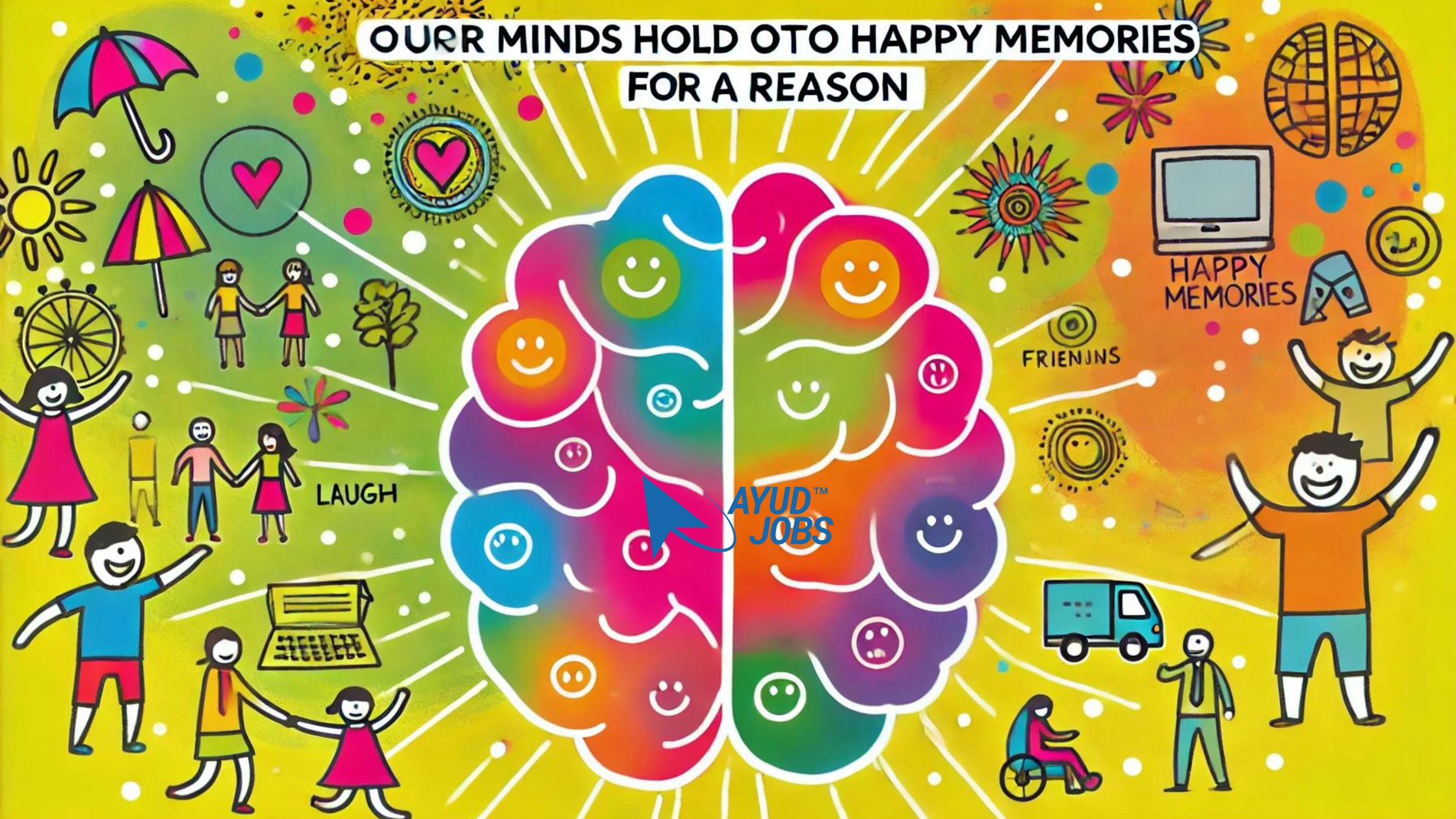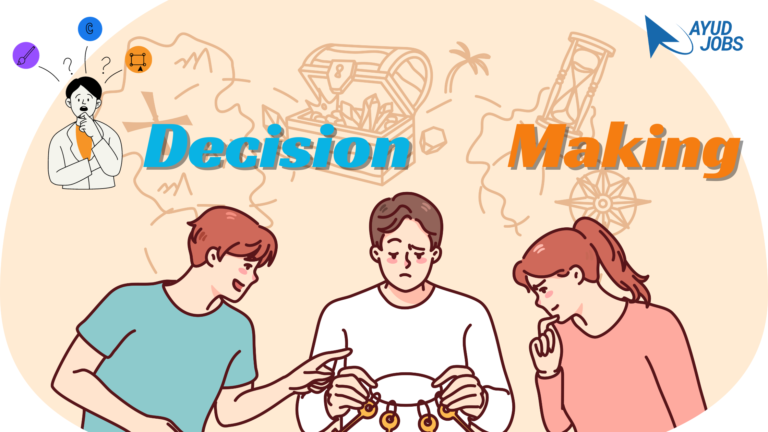Brain Rule: Mind Keeps Happy Things
Brain Rule: Mind Keeps Happy Things
Introduction
Our minds have a unique way of processing and retaining information. One fascinating aspect of this process is how we tend to hold on to happy memories more than negative ones. This phenomenon has significant implications for our mental health, productivity, and overall happiness. Brain Rule: Mind Keeps Happy Things. In this blog, we will explore why our brains prioritize happy memories, the benefits of this trait, and how we can harness this understanding to improve our lives.
Understanding the Brain’s Bias Towards Happiness
Our brains are wired to prioritize positive experiences. This bias is part of an evolutionary mechanism designed to enhance our well-being. When we experience something positive, our brain releases chemicals like dopamine and serotonin. These chemicals not only make us feel good at the moment but also help in encoding these memories more deeply into our neural circuits.
The Science Behind Happy Memories
The brain’s limbic system, which includes the hippocampus and amygdala, plays a crucial role in memory formation and emotional responses. When we experience happiness, the amygdala signals the hippocampus to store the memory more robustly. This process ensures that happy memories are more easily accessible, helping us maintain a positive outlook on life.
The Benefits of Retaining Happy Memories
Improved Mental Health: Happy memories can act as a buffer against stress and depression. When we recall positive experiences, it can uplift our mood and provide a sense of comfort during tough times.
Increased Resilience: By focusing on positive experiences, we build resilience. This resilience helps us bounce back from setbacks more quickly, as we have a reservoir of positive emotions to draw from.
Enhanced Relationships: Sharing happy memories with others can strengthen bonds and create a sense of shared joy. This practice can improve our social connections and overall sense of belonging.
Boosted Productivity: A positive mindset can enhance creativity and problem-solving skills. When we are happy, we are more likely to think outside the box and approach challenges with a can-do attitude.
Real-Life Example: The Power of Positive Memories
Consider Sarah, a software engineer who faced a challenging project at work. Initially overwhelmed by the complexity of the task, Sarah felt stressed and anxious. However, she decided to take a break and recall a time when she successfully completed a similar project. Remembering the praise she received from her team and the sense of accomplishment she felt, Sarah regained her confidence. She approached the current project with renewed energy and successfully delivered it on time.
Sarah’s ability to draw on happy memories helped her navigate a stressful situation. This real-life example highlights the importance of cultivating and retaining positive experiences.
How to Cultivate Happy Memories
Practice Gratitude: Regularly reflect on the things you are grateful for. Keeping a gratitude journal can help reinforce positive experiences and make them more memorable.
Engage in Enjoyable Activities: Spend time doing things that bring you joy, whether it’s a hobby, spending time with loved ones, or exploring new interests.
Mindfulness and Meditation: Mindfulness practices can help you stay present and fully experience positive moments. Meditation can also enhance your overall sense of well-being and happiness.
Create Positive Rituals: Establish routines that promote happiness, such as a morning walk, a weekly call with a friend, or a monthly celebration of achievements.
Using Happy Memories to Improve Life
Reframe Negative Experiences: When faced with a negative situation, try to reframe it by recalling a happy memory. This practice can shift your perspective and reduce the impact of the negative experience.
Share Your Joy: Discuss your happy memories with others. This sharing can reinforce the positive experience and create a ripple effect of happiness.
Visualize Success: Before a challenging task, visualize a past success. This visualization can boost your confidence and increase your chances of success.
Conclusion
Understanding how our brains prioritize happy memories can have a profound impact on our lives. By consciously cultivating and recalling positive experiences, we can improve our mental health, build resilience, and enhance our relationships. Embrace the power of happy memories and let them guide you towards a more fulfilling and joyful life.
#PositiveMindset #HappinessMatters #MentalHealth #Gratitude #Mindfulness #PositiveVibes #Resilience #JoyfulLiving #BrainScience #HappyMemories #ayud #ayudjobs #askayud #MultiLanguageSupport #ResumeBuilder #gotestit #ayudian #ayudblog
How to Use Ayud Jobs: A Comprehensive Guide
Join our what’s app channel for timely updates
Click here to install Ayud Jobs App from Playstore
Job Providers: https://api.ayudjobs.com/client/register
Mastering Knowledge with GoTestIt: The Ultimate Self Evaluation Tool
How to Use Ayud Career Booster Application: A Comprehensive Guide







